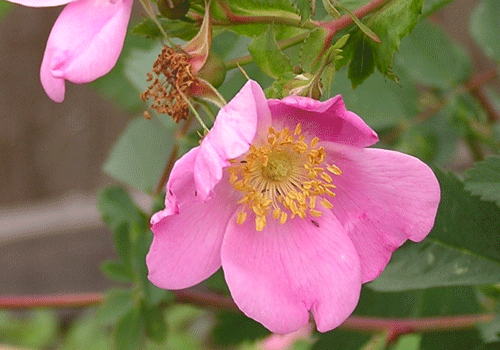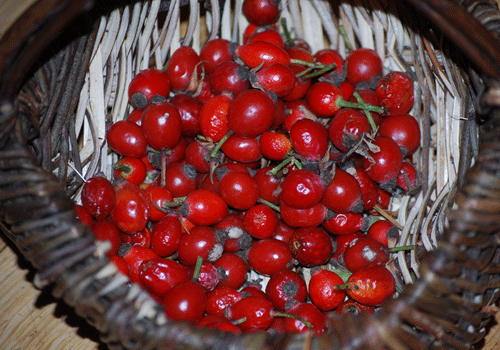A few years ago I took a kayak trip to Puget Sound and paddled in one of my favorite places, Deception Pass. It’s a tricky place when the tides aren’t slack with an eddy fence that might as well be barbed wire. Easy to trip up there.
Deception Island is a mile or so offshore, a lovely little 4-acre island, a speck of rocky beauty with no real beaches, but there are a few spots where you can poke the bow of your kayak and make an awkward exit. As often is the case, size doesn’t correlate with beauty. It’s a gem.
Our little group found one of these spots where five or six kayaks could squeeze. We tied them up together in a raft and found a substantial root that we trusted enough to risk being marooned if it failed. We make our way up what might be called a path to a grassy promontory overlooking the San Juans. We made our little lunch and enjoyed the infinite shades of grey. I like overcast days sometimes for this reason. Grey forces you to focus on the shape of things, not the color. Maybe that explains my predilection for black and white photography with a grainy Ilford film.

The wild roses were in bloom. Fortunately they bloom for a long time and the life cycle of the rose blossom was represented, from tiny buds to flowers, spent flowers dropping their petals, little green balls that become bright red rose hips. It’s all there. I picked a few of the fattest hips and popped them in my PFD pocket and promptly forgot them.
I found them months later, slightly shriveled with a few crusty salt crystals. I cut one open and found a dozen or so seeds that I set on the window sill in the kitchen. I wondered about sprouting them and planting them in the backyard. I planted a few in some potting soil and waited. And waited. And waited.
After a few weeks I dumped the little container into my hand and the seed was exactly the same. Weird. Or so I thought.
Turns out it’s not weird. I talked to a friend who works at the local extension office as a horticulturist. I explained my dilemma. He chuckled and explained that rose seeds need a brutal series of events to allow them to germinate. The seeds are coated in a pretty thick layer of a fuzz that is full of a hormone that slows germination. A rose hip needs what he called scarification; something that will abrade the seed. This can be done physically with a freeze/thaw cycle or a weak solution of acid.

He wondered why I didn’t just take a cutting and dip in rooting hormone. “Oh yeah. I forgot who I’m dealing with here.” It wasn’t about the roses…I can take cuttings from the hundreds of rose bushes allow some of my favorite streams. I just figured it would be cool.
Wild roses are thorny, unruly bushes that are almost unrecognizable when placed beside a cultivated rose. They can call them American Beauty, but to my mind, they’re overdone. I prefer the wild rose with its five simple petals. I don’t need long stems and a flower so heavy it can hardly support itself. My grandfather loved his roses, and because he loved them, I loved them for him, but that’s where it ended. Sorry, Grampa. I’m a bit unruly myself.
Wild roses grow in places that would kill a hot house cultivar in a country minute. It makes me wonder if our soft lives are putting is in a place where we’re we’d be as fragile as Apricot Queen Elizabeth’s Grandiflora or a Pompon Grand Alba if things got a little hostile.
Like most people, my life has hardly been smooth sailing. I’ve been ground up a little, maybe to remove that stuff on me that kept me from germinating. I’m not the best looking rose, but I have had a lot of experiences that have allowed me to grow into a pretty substantial Bush.
I know some folks refuse to germinate. They are either coddled to the point where they’re petrified to be scarified so they can grow. We’ve all known people who are content that way. I feel sorry for people who have had unlimited resources to protect them from the grinding that hurts, but is necessary to understand others…to develop compassion, to learn to endure the scarification with dignity and some grace.
The hot house cultivars (I just have to mention Grandiflora Romneyii) ultimately fail under conditions that most of us experience on a daily basis. Running out of money before running out of month. Wondering where you’re going to find the $400 to fix the car that blows a head gasket. Finding that a roof leak is a lot worse than you thought. Finding yourself unemployed, uninsured and fighting a chronic illness.
When life scarifies, it’s good to count your blessings that you’re a Rosa arkansana or R. acicularis. You’re tougher than you think. You don’t need staking when the wind blows. Aphid cower at your robust nature. You’re a survivor.
Respectfully submitted,
Canoelover

I could’nt help but notice you changed your pfd. Write on….